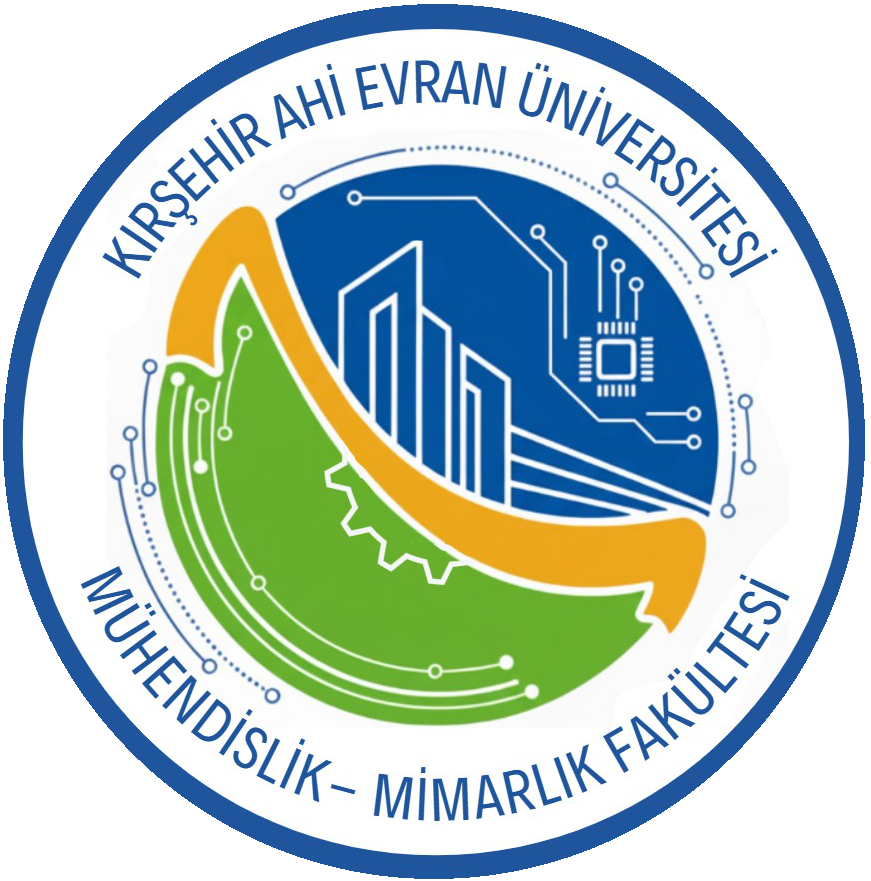About
Geology, derived from the Greek words "Geo" (Earth) and "Logos" (Science), generally refers to the study of the physical and chemical properties of rocks that make up the Earth, the changes they undergo over billions of years due to internal and external factors, and the structures such as faults and folds that result from these changes. It also involves the distribution, reserves, and geometry of underground resources formed as a result of these processes. Additionally, it includes methods and techniques for determining the geo-engineering properties of rocks when used as the primary material for engineering structures. Like all living beings, humans are also a part of the Earth. The Earth is present in every aspect of our lives. The materials needed for all structures, from homes to roads to dams, and all vital necessities like food, energy, and mineral resources are sourced from the Earth. Geological hazards—such as earthquakes, volcanic eruptions, storms, landslides, and mass extinctions—can affect us at any time. To be prepared for these realities, a better understanding of the Earth is necessary. Throughout history, humans have sought to understand the causes and processes behind the natural events they encountered in their environments. Each answer found through scientific thinking has illuminated human understanding, showing that rather than interpreting events like earthquakes and floods as punishments from supernatural forces, it is possible to study the processes behind them and find ways to protect ourselves. The Department of Geological Engineering aims to explore and characterize the complex geological processes that have shaped the region and Turkey, and to play a role in the exploration and exploitation of natural resources. It also focuses on identifying and addressing various engineering challenges that may arise during the selection, construction, and post-construction phases of engineering projects. The department's goal is to recognize natural events, research their causes, and produce realistic solutions for problems arising from urbanization, agricultural and industrial activities, and the rapid population growth, such as environmental pollution.
